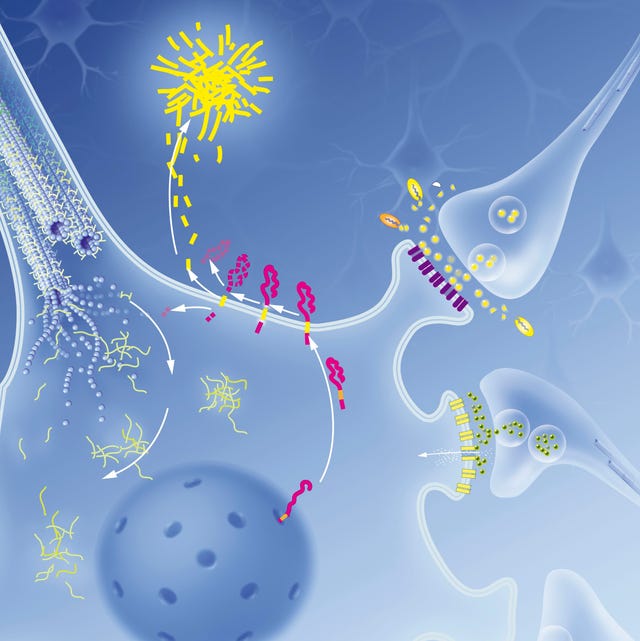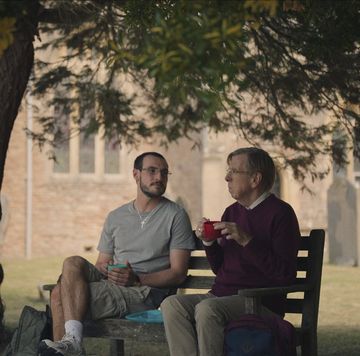Regulars at this shebeen know that my family has a particularly nasty dog in the fight against Alzheimer’s Disease. One of the scientific issues that I've been following for some time is the rising skepticism around what's known as the amyloid hypothesis, which contends that the disease is caused by a gooey protein called beta-amyloid. This has been the prevailing consensus within the research community ever since Dr. Alois Alzheimer first diagnosed the disease.
Nevertheless, respected voices in the research community have warned against a single-minded emphasis on amyloid. One scientist who believes that amyloid is merely a marker for the passage of the disease told me, “You go to a graveyard and you see tombstones, but nobody thinks the tombstones killed anyone there.” However, experimental drugs based on the amyloid hypothesis keep failing to stop the effects of the disease even when they’re effective in eliminating amyloid from the brain. This has brought into serious question the validity of the amyloid hypothesis.
Now, a new experimental study from Washington University in St. Louis poses a 'put up or shut up' test of the amyloid hypothesis once and for all. From NPR:
The study will give an experimental anti-amyloid drug to people as young as 18 who have gene mutations that often cause Alzheimer's to appear in their 30s or 40.
The new experiment, called the DIAN-TU primary Prevention Trial, is scheduled to begin enrolling patients by the end of the year[…]The short-term goal is to make sure that amyloid plaques do not appear. Then, researchers will look to see whether this prevents the appearance of other markers of Alzheimer's effects on the brain. "If we prevent amyloid pathology from developing and these other markers continue to develop and unfold," [Dr. Eric] McDade says, “this would be one of the best ways to say, listen, amyloid is really not what we should be targeting.”
It’s hard for those of us whom the disease has touched to accept the possibility that 116 years' worth of research may have been chasing down a blind alley, but accepting that possibility has always been part of what scientists do. In a society in which a distrust of new knowledge is cultivated so assiduously, that scientists are still following such a path is more than a relief.

Charles P Pierce is the author of four books, most recently Idiot America, and has been a working journalist since 1976. He lives near Boston and has three children.













